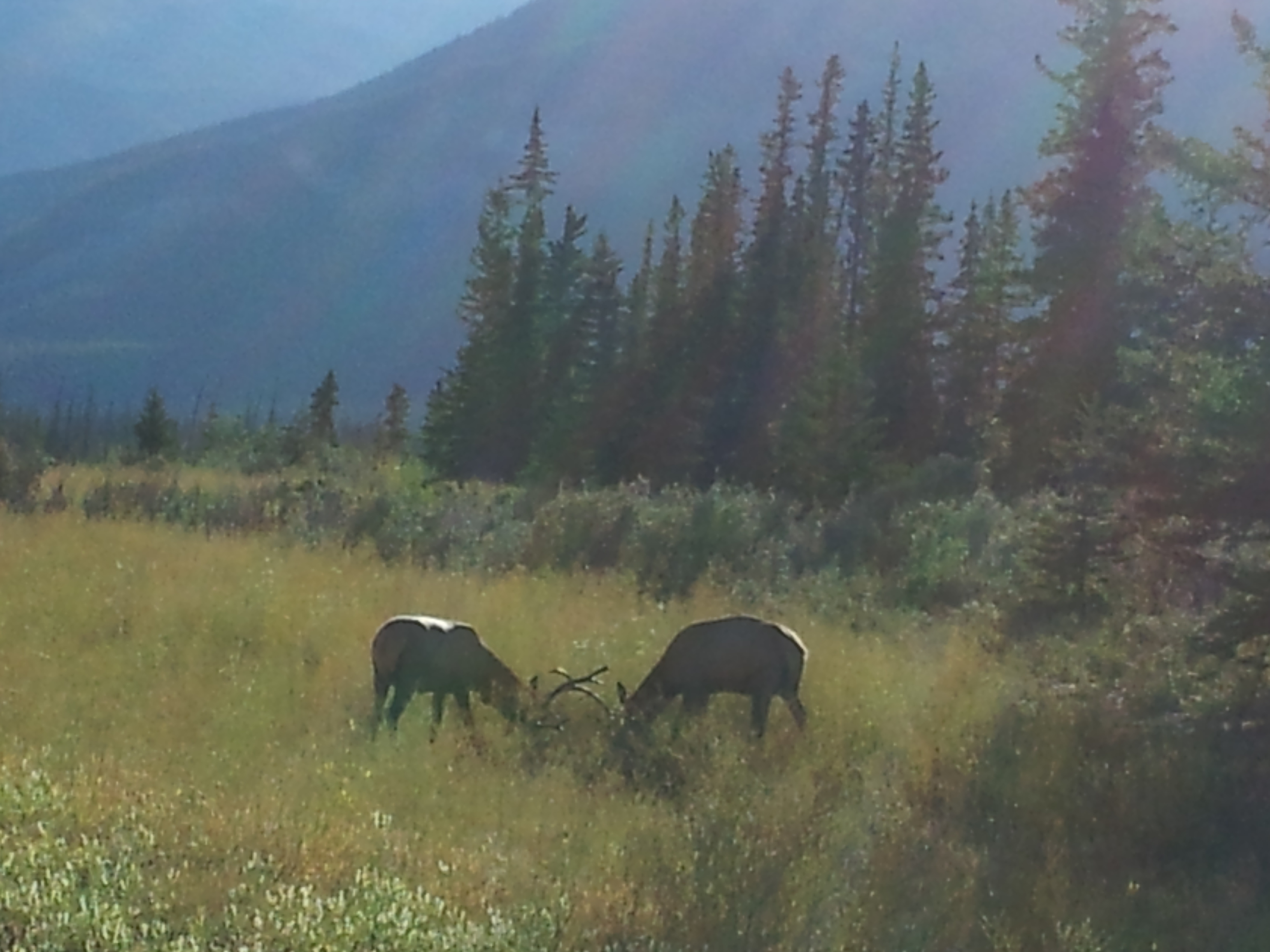Gary Snyder wrote this beautiful poem about children being adult’s saving grace in the world. What is new fascinates and they wonder about the newness. For a small child, most of what they encounter is new and calls out to the child to explore and wonder over it.
There is zen and mystical quality to the poem with a reference to meeting in peace somewhere in the future. The essential part of peace is staying together, learning the flowers, and going lightly.
It is not learning about flowers, but learning flowers and going lightly, which I think will take a different way of teaching. This is not a new way of teaching. Instead, it is more likely we have forgotten it, being together and living gently in a world that only has so much to offer us.
The rising hills, the slopes,
of statistics
lie before us,
the steep climb
of everything, going up,
up, as we all
go down.
In the next century
or the one beyond that,
they say,
are valleys, pastures,
we can meet there in peace
if we make it.
To climb these coming crests
one word to you, to
you and your children:
stay together
learn the flowers
go light.

“Natural objects should be sought and seen as they are, not to suit observers, but respectfully as if they were divine beings.” — Goethe
I took this picture several years ago as I drove through Jasper National Park. It was late August before the rutting began, but the bulls were trying to assert dominance. Despite this, people ran into the ditch and talking loudly. I kept my distance and got some great shots from about 100 feet away. As Gary Snyder counseled, I went light.








